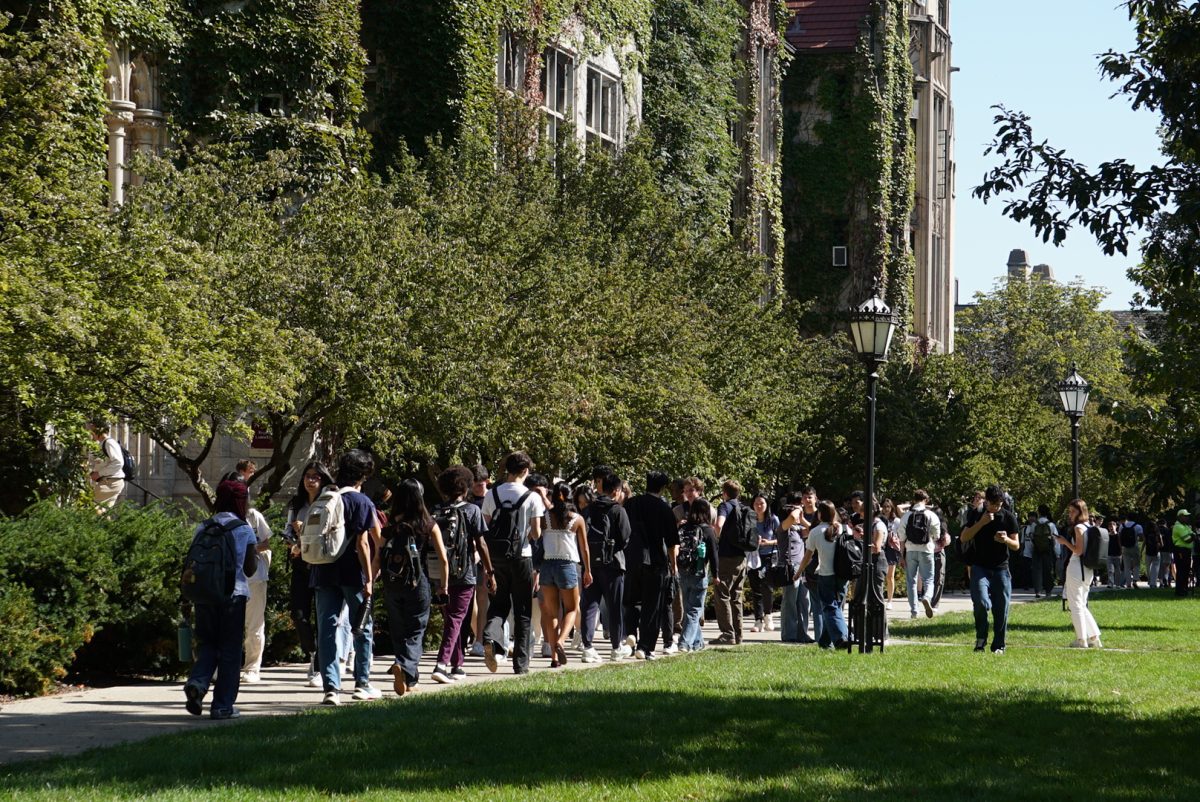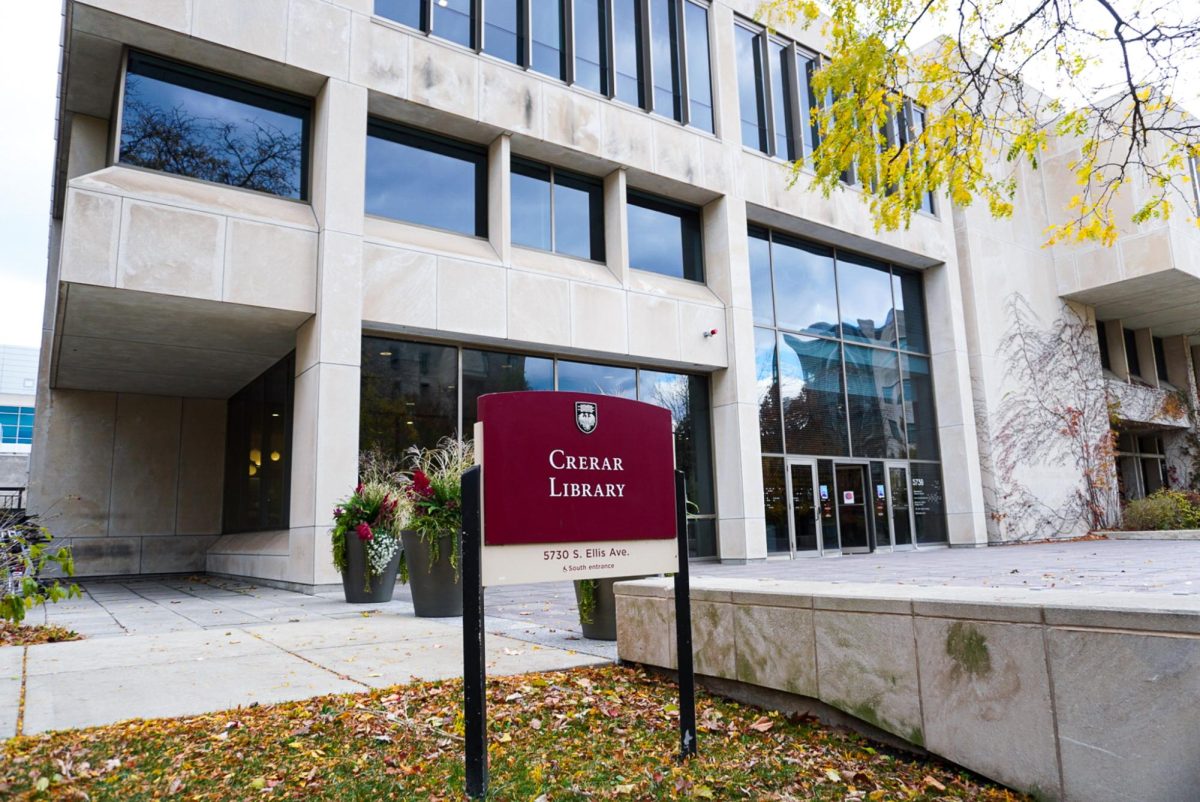NOTE: This piece was written before the ELRA was passed. For further coverage, refer to the front page of this week's edition.
I write to The Maroon in strong opposition to the Executive Leadership Remuneration Act (ELRA), a proposed Student Government (SG) resolution that would, according to The Maroon, pay the SG president $4,500 per year and the vice presidents $2,250 per year—in total, a figure over 40 percent of the current SG administrative budget. Monetary concerns aside, I oppose this act on the basis of the principles of PIE: Priority, Integrity, and Equity.
I first want to question its priority: Correct me if I’m wrong, but I don’t seem to recall anyone campaigning to implement this reform, despite elections being so recent in memory. I find it extremely concerning that one of the first pieces of legislation introduced would be the ELRA. Why is SG, with many of its members having only just won reelection, not first doing what it has been promising? What does this say about its priorities?
Even worse, what would be the consequences of paying SG be for the integrity of SG as a whole? Do we as a student body want to view our SG as a salaried job? In principle, at the very least, those who serve on SG should be doing so out of a sincere passion for this school and their work, and are rewarded with the satisfaction of service. In practice, I’m going to call a spade and note that members of SG have a very, very prestigious line on their resumes. If we were to alter the incentives behind the position to include monetary compensation, the very integrity and motivations of the SG would be compromised. More importantly, compensating members isn’t going to attract more qualified applicants to SG. These students, in principle, at least, would have already been motivated to apply.
Finally, I raise the point of equity, the belief that a government—or a student government—shouldn’t give preferential treatment under its rules. The basis of ELRA is presumably that Slate deserves a salary because of their hours of hard work. However, under this reasoning, RSOs should be allowed to pay their leadership as well.
On campus, I am primarily involved in two activities: Model UN and The Blue Chips. The president of Model UN spends a bare minimum of three hours a week at scheduled, team-wide meetings. Last week, he provided an additional four hours of supplementary training sessions, in addition to making nearly his entire week available for individual training sessions, adding another eight-and-a-half hours to his schedule given the number of people who signed up. And this doesn’t even begin to get at the time he spends on the internal skills training group he leads and the countless hours spent at team leadership meetings he attends as well.
Both the Investment Committee Chair and the President of The Blue Chips, who conduct in-depth research and work to thoroughly understand a new company pitch every week, demonstrate a similar unpaid dedication to their RSO. If SG Executives deserve a University salary that comes out of our pockets, there is no good reason that leaders of RSOs aren’t. After all, to use the language of the resolution itself, the ELRA is a salary that masquerades as “a leadership award.”
As The Maroon notes, a resolution that aimed to institute a salary for SG leadership failed to pass two years ago. We made the right choice then; let’s make it again. This Monday, let’s stay vigilant and call the ELRA what it ought to be—a PIE in the sky. Let’s note how our representatives vote, and let our representatives note that we will be taking names.
David Liu is a first year in the College.






